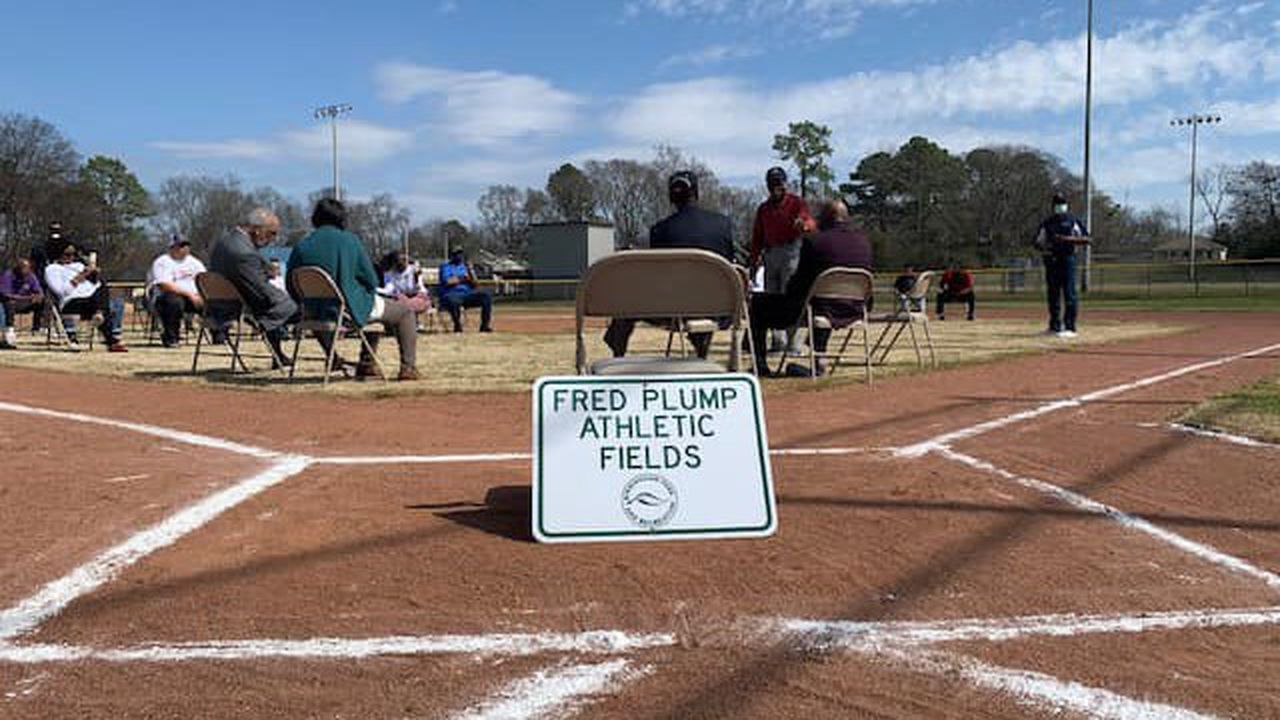How Birmingham area legislators spend âporkâ funding: 5 takeaways
How legislators divvy up Jefferson County tax money, a pot holding up to $3.6 million each year, has largely gone unnoticed until recently.
Now, the Jefferson County Community Service Fund is under scrutiny after a federal court case revealed a kickback scheme involving two state lawmakers, a legislative aide and a youth baseball league and how nearly $200,000 of the fund’s community grants were improperly used for credit card and mortgage payments. And since then, another recipient of the fund — the Birmingham Urban League — says it never received a $15,000 check from one of those state lawmakers, Rep. John Rogers.
While Fred Plump has resigned from his post as an Alabama state house representative and pleaded guilty to federal charges of conspiracy and obstruction of justice, Rogers — who is implicated in Plump’s plea agreement and named by AL.com reporting — has not been charged with any crimes and has denied misusing public funds.
Since 2018, state lawmakers have handed out millions of dollars to benefit community purposes, such as local schools — the original purpose of the fund — as well as police departments, public parks, nonprofits and other local projects. But, given the allegations of misuse, ethics experts are raising questions about just how much discretion state legislators have — and how the recipients of the fund’s money are vetted.
Click here to read the stories we published Wednesday explaining how the fund works and the top 10 recipients of the funds.
Here are five takeaways from what we know so far:
1. “Pork” funds are nothing new in Alabama.
Experts of Alabama politics say discretionary funds, collected from residents and doled out by lawmakers, are common at every level of government, from local neighborhood associations to the U.S. Congress. It can function as an avenue to drum up political attention for legislators who are handing out the giant checks, said Jess Brown, a retired political science professor at Athens State University.
2. State legislators created this pot of money for them to give out.
In 2015, Jefferson County legislators put together the bill creating the community service fund. One percent of sales and use taxes collected by the Jefferson County Commission end up in the fund, and each state senator and representative gets a certain amount of money to recommend for grants to specific organizations. A committee with an external fund administrator, run by the Community Foundation of Greater Birmingham, approves (or denies) those recommendations, and then legislators deliver the checks.
3. The youth baseball league at the center of the kickback scheme was the second highest recipient of community funds.
Legislators sent $487,799 to Plump’s Piper Davis Youth Baseball League, most of which came from Rogers. Only the city of Hoover received more money — a total of $615,207, mostly for an inclusive playground and splash pad — than the league.
4. The fund didn’t appear to catch the baseball league’s incomplete tax forms reporting it had received less funding than it had.
The committee that oversees the fund said in a statement to AL.com that it verifies that proposed recipients of the fund are filing 990 tax forms with the IRS. But if they, or their accounting firm Warren Averett — who declined to comment — had read the contents of the baseball league’s tax forms, they would have seen that the nonprofit has publicly reported less than $50,000 in income annually for the last five years — which doesn’t account for far more than that in funding from the community service fund for four of those years.
5. In the face of so much public scrutiny, what will change?
For now, on the fund’s end, that remains to be seen.
“Moving forward, the committee is likely to review its procedures to see whether additional safeguards, if any, can be implemented,” the committee said in a statement.
